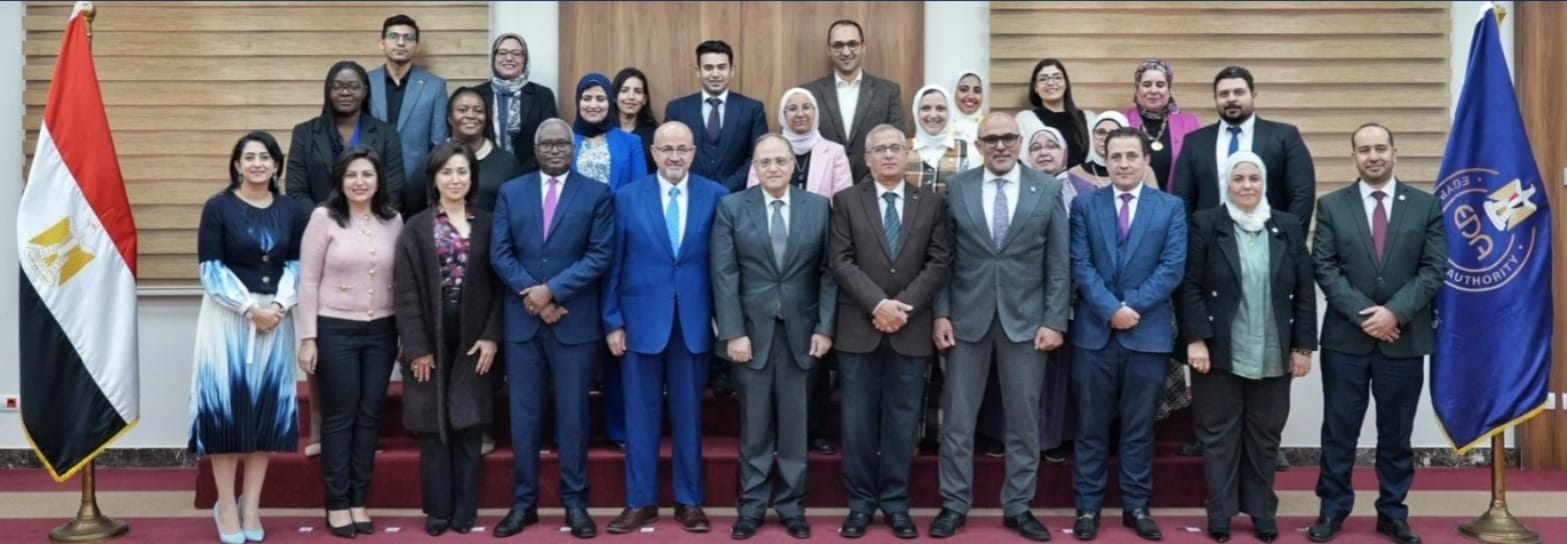As President Abdel Fattah Al-Sisi ratified the Law No. 27 of 2023 regarding the establishment of tourist chambers and federation, Daily News Egypt shed the light on the significance, philosophy, and most salient benefits that this law offers to the tourism industry in Egypt.
The issuance of this law comes in line with one of the main axes of the national strategy for tourism in Egypt, as it is an important step on the path of improving the investment climate in Egypt and strengthening the role of tourist chambers and their union in the tourism industry so that their role is effective in the industry, and also with a high degree of competence to represent the industry before the ministry as it is A supervisor and regulator, in a way that gives them guarantees of independence to preserve the interests of the tourism sector, and to contribute to the development of policies regulating the industry, and to study and submit proposals and policies that benefit the industry and contribute to raising its path and increasing the size and number of operating establishments.
This new law comes within the framework of the legislative reform procedures adopted by the Ministry, especially in light of the issuance of the previous law in 1968, and the existence of deficiencies in actual reality in many of its provisions to keep pace with emerging conditions, which led to the existence of an absolute necessity to modernize the legislative organization of tourist chambers and their union to ensure their establishment In an optimal manner, as well as in implementation of the constitutional mandate contained in Articles 76 and 77 of the Egyptian Constitution, which decided to grant the elected councils wide authority in managing the institutions that they were chosen to manage.
Philosophy
The philosophy of the new law is based on achieving balance and consistency between the organization, establishment and management of tourist chambers and their union according to a democratic basis that supports their independence in accordance with the constitution and within the framework of the state’s general policy. This law gives the chambers’ funds the legal protection prescribed for public funds in the application of the Penal Code.
The law will organize the elections of the board of directors of the tourist chambers and their federation so that the elections are an honest expression of the will of the general assembly of the chambers and the federation, given that the general assembly is the mainstay of these entities and for these elections to produce the best elements to represent the members of the chambers and the federation.
Advantages
This draft law came with several advantages to achieve its philosophy and objectives:
– This law will play an important role in achieving a good balance between the authority of the ministry as a regulator and monitor of the tourism industry in Egypt and as a licensee for tourism activity in it, and the ability of the private sector to interact and cooperate with this watchdog through the efficient and effective civil work institutions it represents.
– The law guarantees everyone, especially the privileged, to engage in civil work and that the fruits of their efforts return positively to their work, and that the law gives them sufficient independence.
-Avoiding one of the shortcomings of the tourism sector, represented in the absence of effective think tanks to study the market and propose policies.
– Addressing the shortcomings of the fragmentation of the tourism sector, and the shortcomings in the inability of most tourism entities to spend on training, withstand shocks, and ease exit from the industry.
– Raising the efficiency of the role of self-regulation, and the ability of the tourism sector to regulate itself.
– Opening the door for a specialized executive director to follow up the executive performance and implement the strategies of the boards of directors.
-Good mechanisms for resolving disputes.
– Availability of self-financing sources for civil work institutions.
-Obliging the censor and the organizer not to leave a valid tourist license except for the members registered in the different tourist rooms.
It should be noted that, according to this law, the committee formed by the decision of the Minister of Tourism and Antiquities will continue to conduct the work of the Egyptian Federation of Tourist Chambers until the election of a board of directors for the next session in accordance with the provisions of this law and its executive regulations.
The executive regulations for this new law will be issued by a decision of the Minister concerned with tourism affairs within six months from the date of its implementation.
The Egyptian Parliament had approved, last February, in its plenary session, which was held with the participation of the Minister of Tourism and Antiquities and the Minister of Parliamentary Affairs, the draft law in its entirety, after extensive discussions of all articles of this draft law that continued over the course of 4 sessions.





















Discussion about this post